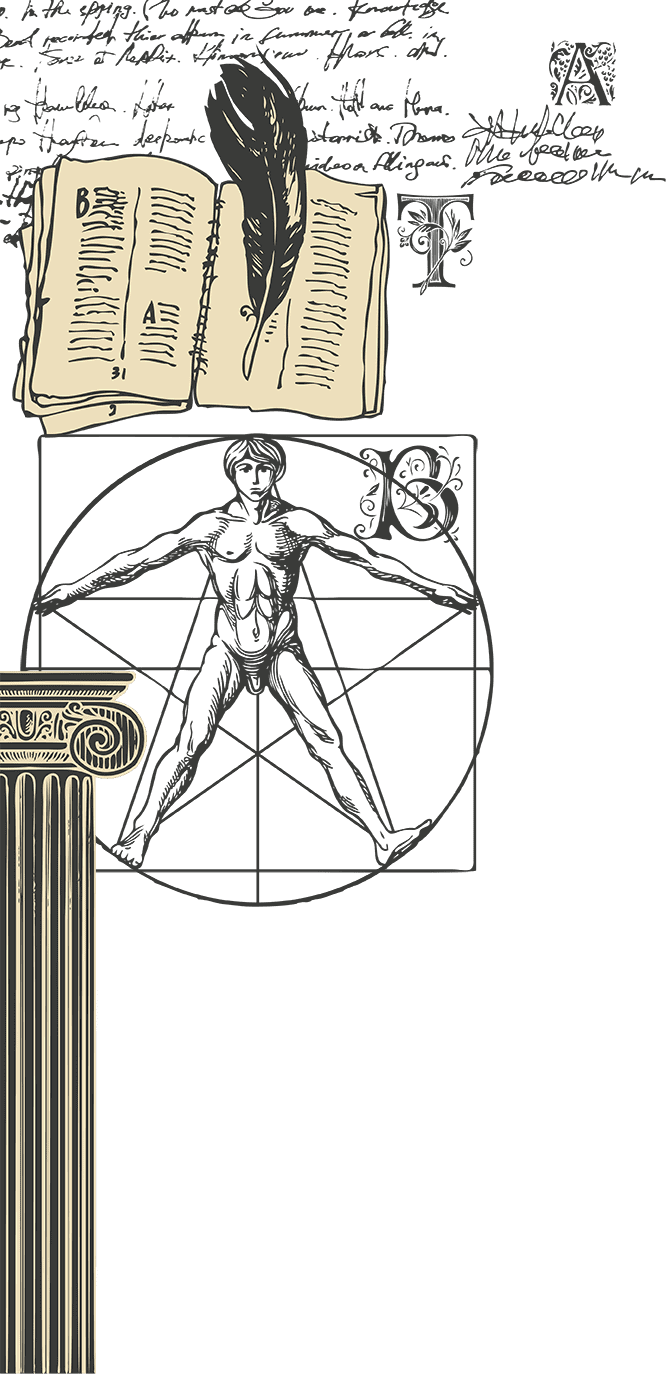
On a radiant Tuesday morning, Mrs. Green, the fourth-grade teacher, presented a compelling assignment to her class. “Today,” she began, “write an essay about what you would do if you had a billion dollars.” The classroom hummed with excitement, everyone hastening to write, except for one: Little Johnny, whose gaze was lost beyond the window.
As time slipped by, Mrs. Green collected the essays, each one depicting a billion-dollar dream. However, when she arrived at Johnny’s desk, she found an untouched page.
“Why, Little Johnny,” she asked, “your page remains blank. Why is that?”
Johnny, pulling away from the window, replied with a smile, “Well, that’s what I would do if I had a billion dollars.”
Surprised, Mrs. Green asked him to explain further.
Johnny stated, “If I had a billion dollars, I’d have the leisure to just… exist. I’d have the means to buy everything, but I wouldn’t need to. The pleasure of owning something comes from the strain in achieving it. If I can buy it effortlessly, it’s as good as having it anyway.”
His words hung in the air, prompting the class to fall silent.
Finally, Mrs. Green broke the silence, “Well, Johnny, that’s an unexpected but valid perspective.”
That day, Johnny’s words seamlessly served as a reminder to all that a billion dollars doesn’t necessarily signify incessant buying. At times, it could mean the liberty to enjoy existence, knowing the world is within your grasp, without the need to clutch at everything. It reminded them that the strain in achieving often holds more value than effortless possession. And perhaps, that’s more valuable than any worldly luxury. After all, isn’t it the quest for contentment that truly makes life invaluable?
